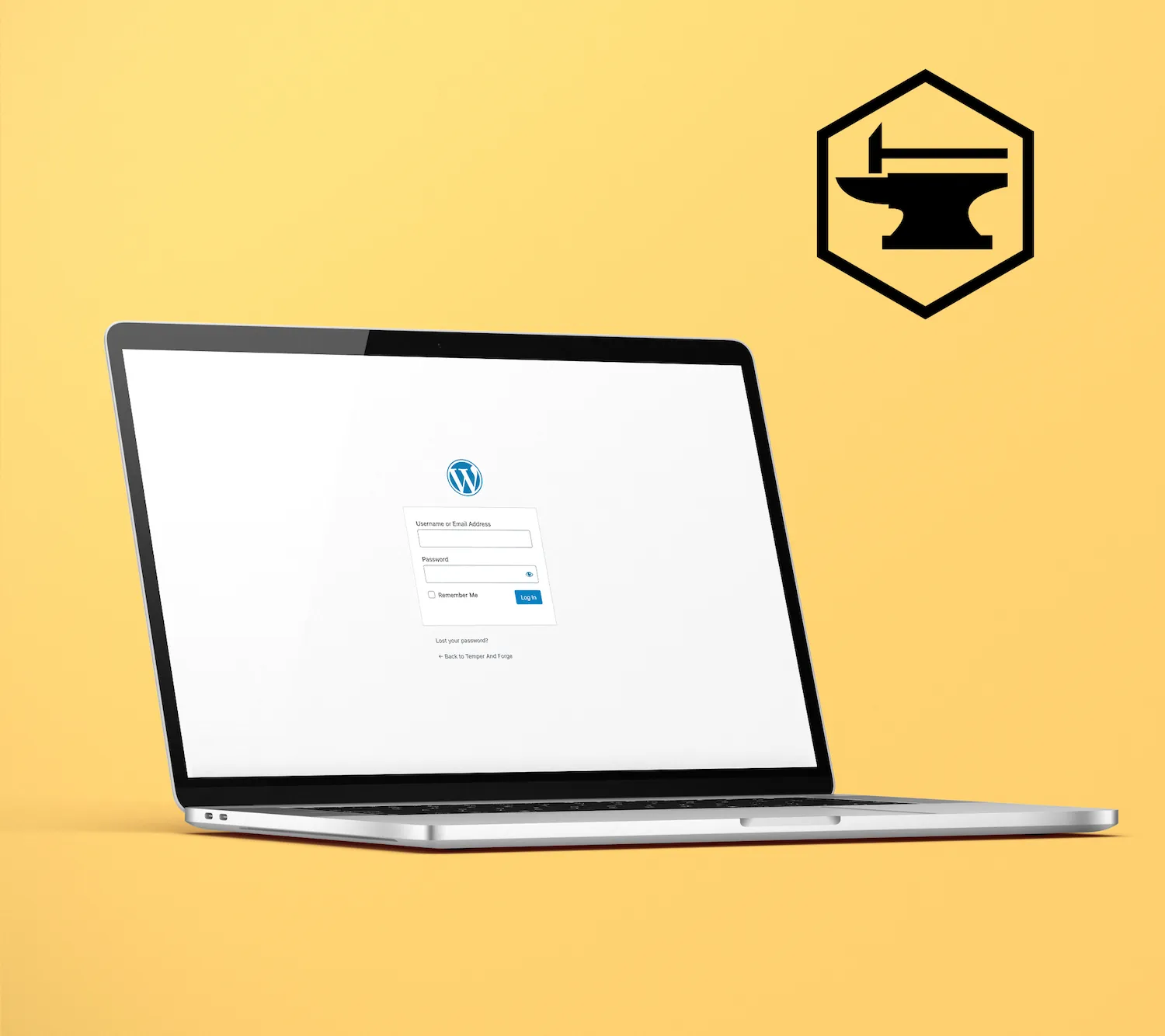According to the latest figures from W3Techs.com, WordPress powers almost 40 percent of all websites online today. In fact, it’s used more often than any of its competitors and runs more high-traffic websites.
This open-source content management system, or CMS, offers many features right out of the box. Even better, it doesn’t require any special technical skills to get started. While many business sites use paid services to enhance their sites, developers can use WordPress and many themes and plugins for free. These factors have all probably contributed to its continuing popularity.
Of course, the CMS and a vast community of developers have made WordPress one of the most flexible platforms for building a site. Take a look at just a sample of the kinds of websites that people and organizations have developed with WordPress.
Seven Kinds of WordPress Websites With Successful Examples
Just a few examples of well-known brands with WordPress on their domains include such big names as Whitehouse.gov Bloomberg, MTV News, Microsoft, and Udemy. With that in mind, these are just a few examples of the kinds of websites that this popular CMS can power:
- Blogs and personal sites: WordPress began as simple blogging and personal site tool, and many people still use it that way. Individuals and small groups might use this platform for online diaries, places to organize family reunions, or personal blogs. WordPress also serves as the platform of choice for such celebrities as Beyonce, The Rolling Stones, Sylvester Stallone, and Tim Ferriss, the author of “The Four-Hour Workweek.”
- Business, government, and publication websites: Both large and small companies use this CMS to establish their professional presence on the internet. Some big brands that rely upon WordPress include TechCrunch, The New Yorker, and The Walt Disney Company. Sweden even uses this platform to power their official website. So does WhiteHouse.gov. Besides these notable examples, countless restaurants, law firms, stores, local newspapers, and other small to medium organizations use WordPress for their internet presence.
- Online commerce: With such tested plugins as WooCommerce, MemberPress, and even Shopify, many eCommerce sites use this platform for online commerce. Some well-known companies that use eCommerce plugins to power sales include Ripley’s Believe it or Not, Airstream, and IZOD. Just one eCommerce plugin, WooCommerce, has tens of thousands of downloads.WordPress provides an excellent choice for all kinds and sizes of eCommerce websites.
- Portfolios and galleries: All sorts of creative types showcase their work with gallery websites. For instance, 31 percent of U.S. museums have WordPress websites. Just a few examples include Phoenix’s Heritage Square, the Wow! Children’s Museum, and Historic Jamestowne. Gallery and portfolio plugins also make WordPress an excellent choice for artists, game developers, and photographers. Also, plenty of developers offer theme and gallery plugins to showcase work.
- Job boards, directories and classified sites: Consider this CMS to run sites for job boards, classified ads, directories, and similar sites. WordPress provides an easy way to add this kind of functionality to an existing site or even to feature it as the main focus. Some famous examples of WordPress-powered job boards include ProBlogger and Smashing Magazine.
- Online communities and Q & A sites: WordPress users can create an online community with a Q & A site, a forum, or even a social network. Some great examples that use BuddyPress, a popular community plugin, include Total Wellness Challenge, Fox MIS from Temple, University. DogsUniverse, and Tasty Kitchen.
- Nonprofits and schools: Ease of maintenance and modest costs make this CMS a popular choice for both schools and nonprofit organizations. Some schools that use WordPress to power all or at least some of their domains include Harvard, Cornell, and Georgia State. Likewise, notable nonprofits using WordPress include the Kaiser Family Foundation and Creative Commons.
Besides the examples listed above, plenty of other kinds of organizations have found that WordPress provides them with a robust, efficient, and attractive solution. These include such diverse domains as coupon sites, religious institutions, online auctions, and much more Even though all of these sites use the same basic platform, thousands of available plugins and themes can make each one unique. Nobody would simply look at all of these sites and guess they all started with WordPress.
A Short History of WordPress
Starting in 2003, WordPress evolved from an earlier blogging framework called B2, used on about 2,000 websites at its height. Early in its development, WordPress added search-engine-friendly URL structures, support for plugins, rich editing, and many other useful features. By 2009, it had captured a greater market share than any competitors and was recognized as the best open source CMS. Since then, WordPress has continued to evolve better functionality and security as it easily maintained its leadership position.
Develop the Best WordPress Website for You or Your Organization
Most important, WordPress is one of those tools that’s simple to get started with but can take years to truly master. Just the number of available themes, plugins, frameworks, and other enhancements can overwhelm new users. At the same time, experienced WordPress professionals can use this CMS to create almost any type of secure, engaging, and high-performance site.

